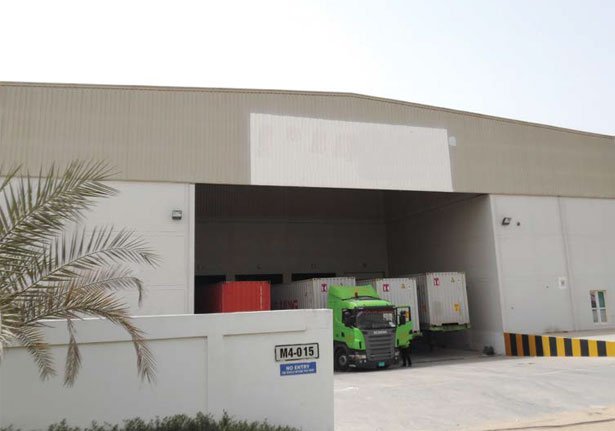THE UNWRITTEN RULE ACROSS ANY INDUSTRY IS THAT DISRUPTIVE FORCES ARE CONSTANTLY AT PLAY, RESHAPING HOW ORGANIZATIONS THINK ABOUT TECHNOLOGY, CONDUCT BUSINESS, AND LOOK TO THE FUTURE.
This is, of course, true for the logistics industry, where market trends are impacting the sector to a great degree. From new technologies to explore and take advantage of to shifting regulations that require new strategies and tactics to ensure compliance, logistics companies must stay plugged into new and emerging trends to stay at the bleeding edge and remain competitive. Companies that succeed are the ones that embrace a combination of the latest trends and utilize them in a way that capitalizes on traditional and established technologies.
Going forward, how will the current trends in logistics impact us?
1. RFID – For over a decade, Radio-frequency Identity (RFID) chips have promised to provide real-time tracking information. However, while many OFD (out-for-delivery) companies have invested much money in RFID, they have yet to see a real ROI from the technology.
So why is that – Simply having RFID chips doesn’t mean you have better access to the data because you need computers near the data to collect it and share it. Companies also need file-based integration technology to connect devices and edge computing systems back to the core enterprise systems to transfer reporting documents. The data can be stored and analyzed for insight and business decision-making. Further, the logistics companies that do utilize RFID technology to a value-producing extent are the ones that can blend traditional line-of-sight technology such as barcode labels with RFID. Barcode labels are well-established and relatively low-cost. The underlying systems and business processes are well-understood and common. By comparison, RFID implementation can be a high-cost addition to the logistics supply chain. Some estimate a 10X cost factor for implementing RFID tags versus bar codes. The price barrier for investment is why a blended approach to traditional and new makes sense. Additional concerns around data accuracy and reliability should also play a role in how a company chooses to leverage RFID.
However, there are viable applications companies should investigate – RFID in logistics has potential, particularly in route optimization and the real-time tracking of goods. RFID systems can provide precise location and quantity data in real-time when effectively integrated. For instance, tagging trucks, pallets, and inventory provide multi-lateral views of what is happening across the supply chain. Knowing exactly where a specific truck is at any given moment can allow a logistics company to be more proactive, to change a delivery route given unpredictable events such as accidents and weather. Companies that mix and match traditional and legacy technology with next-generation advancements are the ones who end up most successful. Those companies understand that completely replacing established technology and business processes is unwise. New technology tends to perform better than what is established and standardized.
2. Omnichannel Shipping – Omni-channel fulfillment is an increasing reality in the logistics industry, one that is being spurred on by a shifting approach to meeting customer expectations in the retail sector. According to the Harvard Business Review, the Amazon effect drives traditional retailers to offer more omnichannel touchpoints to increase customer loyalty. The goal is to provide a seamless and easy way to shop, whether it’s conducted digitally or in-store. In this context, successful logistics companies have evolved to offer more creative approaches to shipping to navigate growing omnichannel complexities within the supply chain. Here is a simplified look at possible omnichannel fulfillment and return order flows directly to (and from) the end customer:
† Warehouse to consumer and back
† Supplier to consumer and back
† Store to consumer and back
† Distribution center to consumer and back
Traditionally, the shoppers would travel to the purchased item. The “last mile,” so to speak, was thereby on the customer. Now, last-mile logistics are falling on the shoulders of the retail logistics providers and their partners. The changing expectation is for retail logistics deliveries to operate like UPS. Companies such as Amazon contract UPS to handle these deliveries since their system is already in place.
3. The Big Promise of Big Data – UPS may be the biggest success story for big data in the logistics industry. The company has made massive strides in operational efficiencies and cost savings through data collection, analysis, and demand forecasting.
1000’s of vehicles each have more than 100’s onboard sensors that measure speed, braking, backing up, location, and idling time. Some sensors collect diagnostic data on the vehicle battery and tire pressure, allowing for preemptive maintenance. The goal is to maximize the time a vehicle is on the road versus in the shop. Further, big-data-driven predictive modeling is the basis for massive gains in route optimization. Because of the proliferation of GPS and location sensors and real-time traffic updates, companies can now optimize delivery windows regardless of construction, parades, accidents, and the like. Companies utilizing big data technology create systems to allow them to change their route in real-time. This is done for a couple of reasons. Another big data outcome related to route optimization is to decrease mileage. The level of savings that companies in terms of mileage impact the wear and tear on vehicles.
While some forward-thinking companies are starting to invest in greener technology and big data initiatives, many supply chain companies are coming up with new techniques that parallel route optimization through how a mastery of inventory logistics management, optimizing shipments for efficiency.
4. Embedded Integration Technology – Logistics companies utilize embedded technology to better connect with their customers. They recognize that they need a data movement platform to share data back and forth between their customers seamlessly.
Embedded integration capabilities provide SaaS companies in the logistics space to offer value-added services related to logistics and supply chain data. This is a true encapsulation of digital transformation as more traditional logistics enterprises evolve into data-centric services companies. Organizations utilize modern services and solutions to process data and provide insight to customers. Being more dynamic than ever before by providing fast and critical information to and from customers is central to a business’s success. An embedded data platform provides secure communications protocol flexibility that enables robust transactional business flows. You need to be able to connect, transform, and integrate data through capabilities that are already built into the solution. Customers want to know everything, and information is of the utmost importance. Service-level agreements (SLA) must also be met, and companies are taking advantage of embedded software with business-level dashboard views and 24/7 monitoring to extend visibility throughout the process to ensure compliance with tough SLAs.
5. Globalization and Compliance – Globalization is forcing many logistics companies to focus on a strategy of achieving delivery KPIs while keeping costs in check.
The need for increased flexibility across the supply chain is paramount, and it recognizes that no single solution to the growing complexity will be one-size-fits-all. The landscape of global trade is constantly shifting. There is an unwavering need for logistics companies to stay ahead of evolving compliance requirements. This rings especially true for all the ways the enterprise needs to manage critical customer and partner data. Take the recently created Federal Maritime Commission plan to reform regulatory priorities. One recent change in governance directly affected the New York Shipping Exchange and aimed to combat shippers leaving less lucrative cargo behind. While this is a positive change, it is still a change – one that is increasingly happening everywhere.
Further, across the globe, the ability to comply with the plethora of data-related mandates is tied to how capable a company is in its ability to find, view, record, and report on the data. The regulation calls for full audibility. Companies need to provide full audit trails to keep track of their data and customers’ data with built-in governance and control throughout the process. Without the proper ability to comply with provable digital documentation, trucks could sit at the dock, ships get stuck in the harbor, and goods are stranded on trains or tarmac – for hours or even days.
6. Integrated 3PL Services – As e-commerce continues to expand beyond epic proportions, many companies also see quite a bit of potential in integrated 3PL services.
Businesses are seeing this by bringing in heavy assets in trucking and adding freight brokerage capabilities and warehouse facilities to provide deep integration into customers’ systems. As customers advance through their use of modern technology, logistics companies are embracing logistics automation trends by utilizing API integrations to connect e-commerce stores with a fulfillment center in addition to traditional EDI. Because supply chains have so many different channels and change so quickly to meet consumer demand, fulfillment practices must evolve to cope with COVID-19 and any other supply chain disruption that may arise. Logistics industry trends demand that customers have options for delivery, from last-mile services to same-day and next-day delivery, and it’s up to providers to make sure that customers have those very delivery options.
7. Re-Optimized Service Lines – When COVID-19 first struck, logistics companies started to re-optimize service lines to focus on industries that thrived the most during the pandemic, such as food, paper, and packaging.
This allowed these logistics enterprises to have a regular fleet rather than a non-dedicated, irregular fleet. No, it is not easy for companies to transition and pivot their strategic initiatives, but the result will prove beneficial for years to come.
8. Embracing Modern Integration Technology – Logistics companies recognize the importance of upgrading their legacy environment and evolving to a modern integration platform. The allure of a modern integration platform provides quicker onboarding of customers, trading partners, and suppliers and provides end-to-end visibility so logistics companies can conduct business quicker. From frictionless supplier integration to the ability to unlock back-office systems critical to third-party logistics (3PL) services, modernized integration technology can do it all. Logistics businesses everywhere see integration technology’s value for their supply chain. Those companies that migrated to a modern integration platform before COVID-19 were the ones that put themselves in the very best position to manage disruption to their supply chain. COVID-19 has shined a light on the importance of a modern integration platform.
To conclude – Today, the logistics industry looks entirely different from ten years ago. The question now becomes, what will it look like in another 10.
Market trends, such as those outlined above, will continue to impact the logistics sector well into the future. However, the success of trend-shaping nascent technologies requires that they are integrated with existing solutions and infrastructure. Logistics operation needs to enable processes like ingesting a load tender, but companies also need to look to how future technology can be leveraged to reduce margins. Businesses can create a next-generation stack that leverages previous technology investments while incubating big data and omnichannel solutions. Furthermore, the events of 2022 have disrupted the entire supply chain, and the logistics industry is no exception. The logistics landscape is plagued by uncertainty and disruption, but it is also ripe for digital transformation. Companies that succeed in 2022 and beyond will embrace a combination of the top trends in logistics management to become resilient to supply chain shocks.
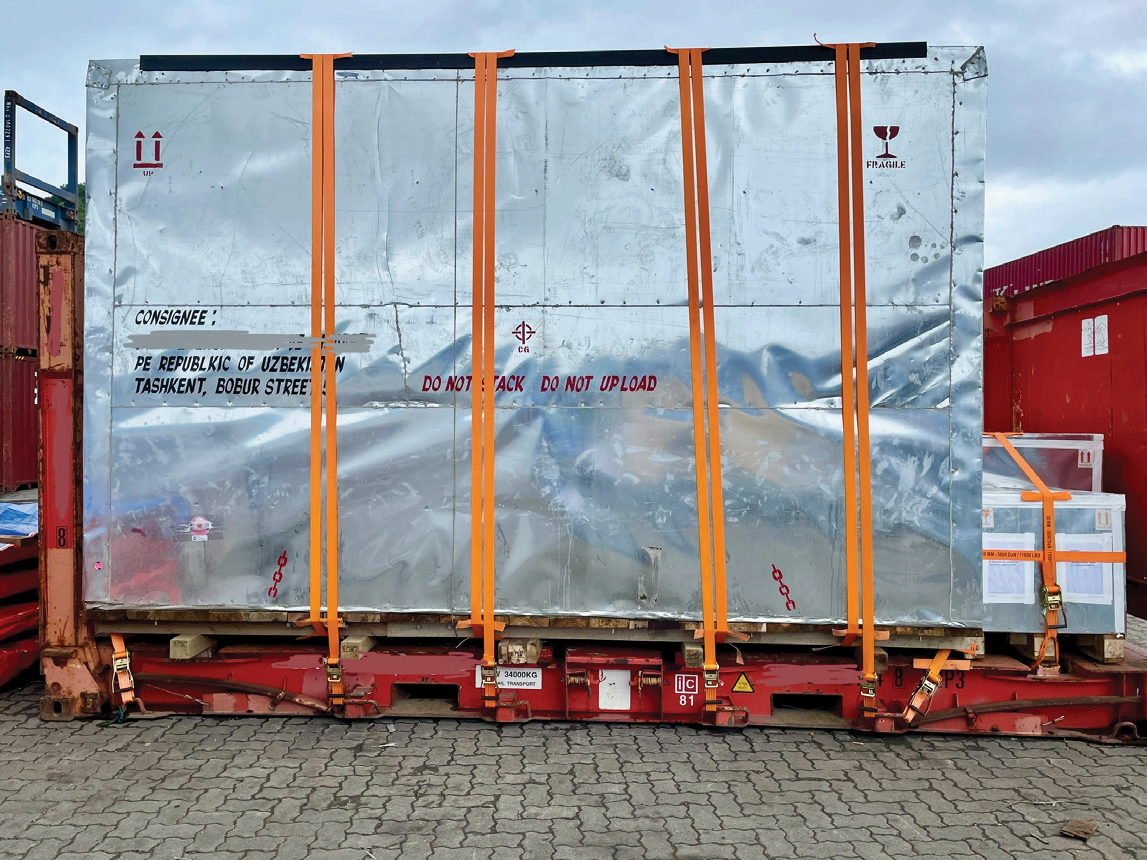
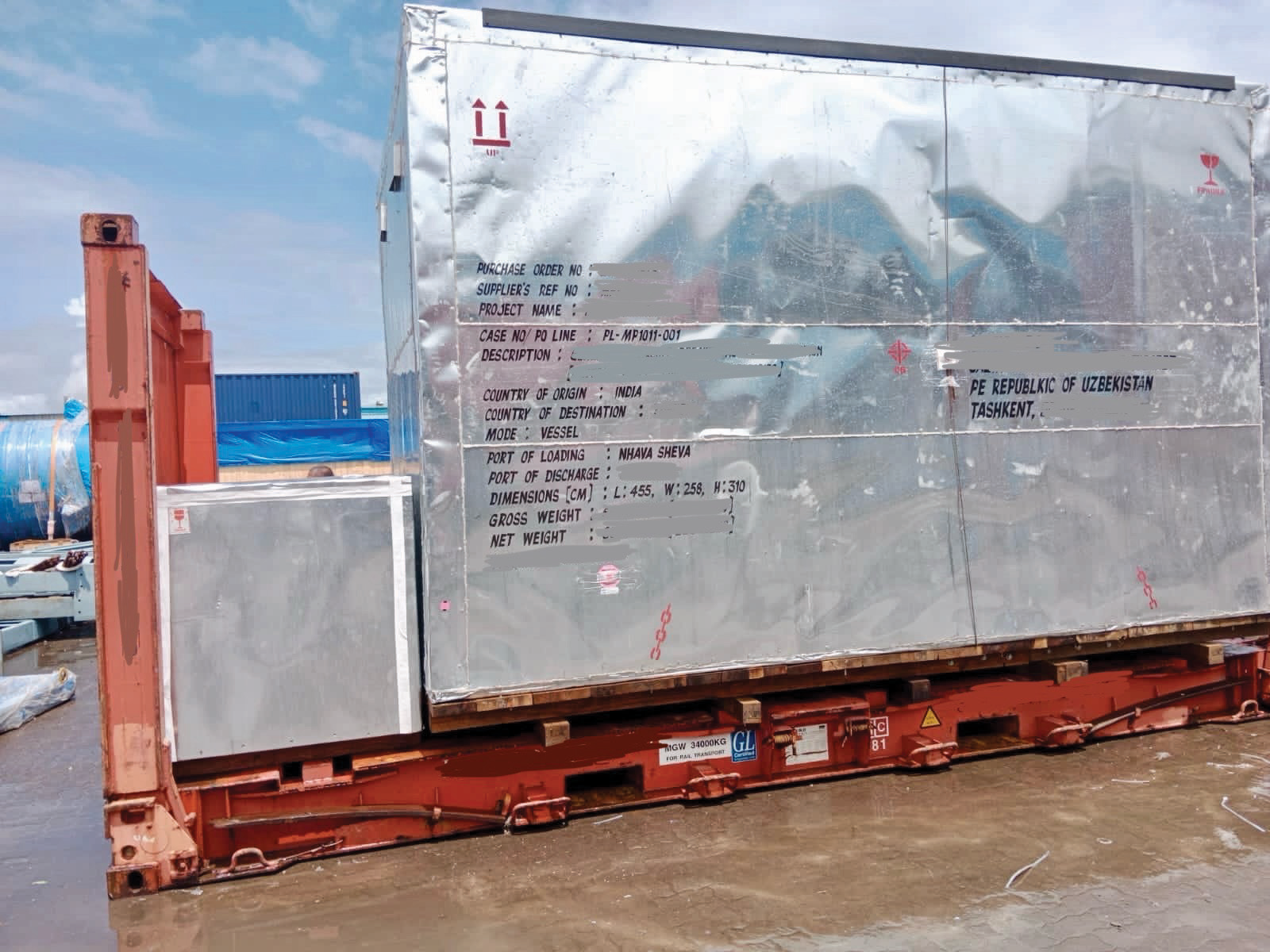
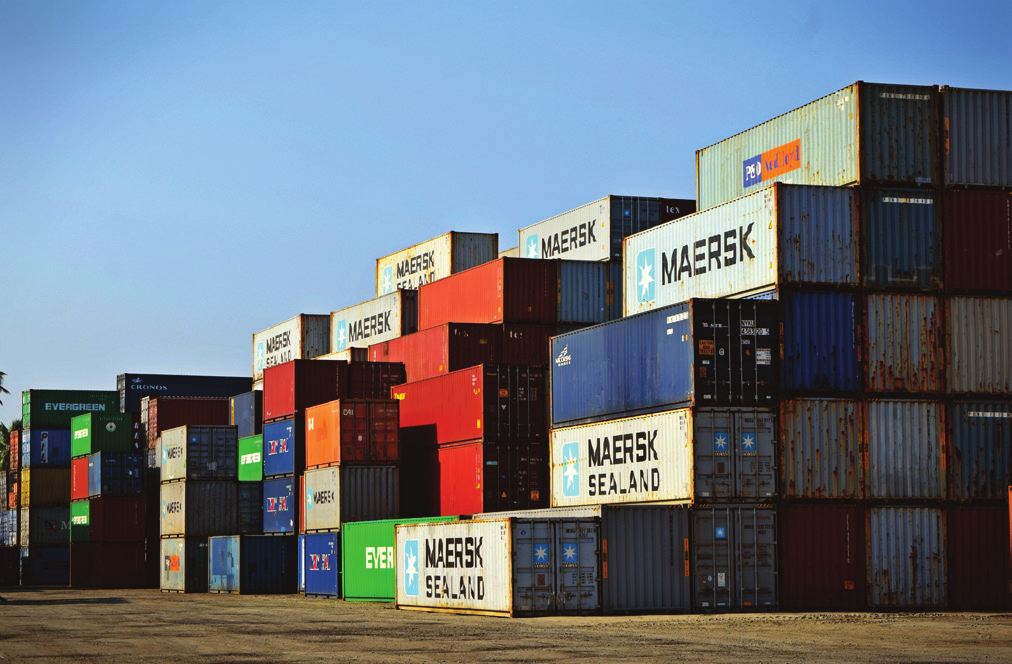
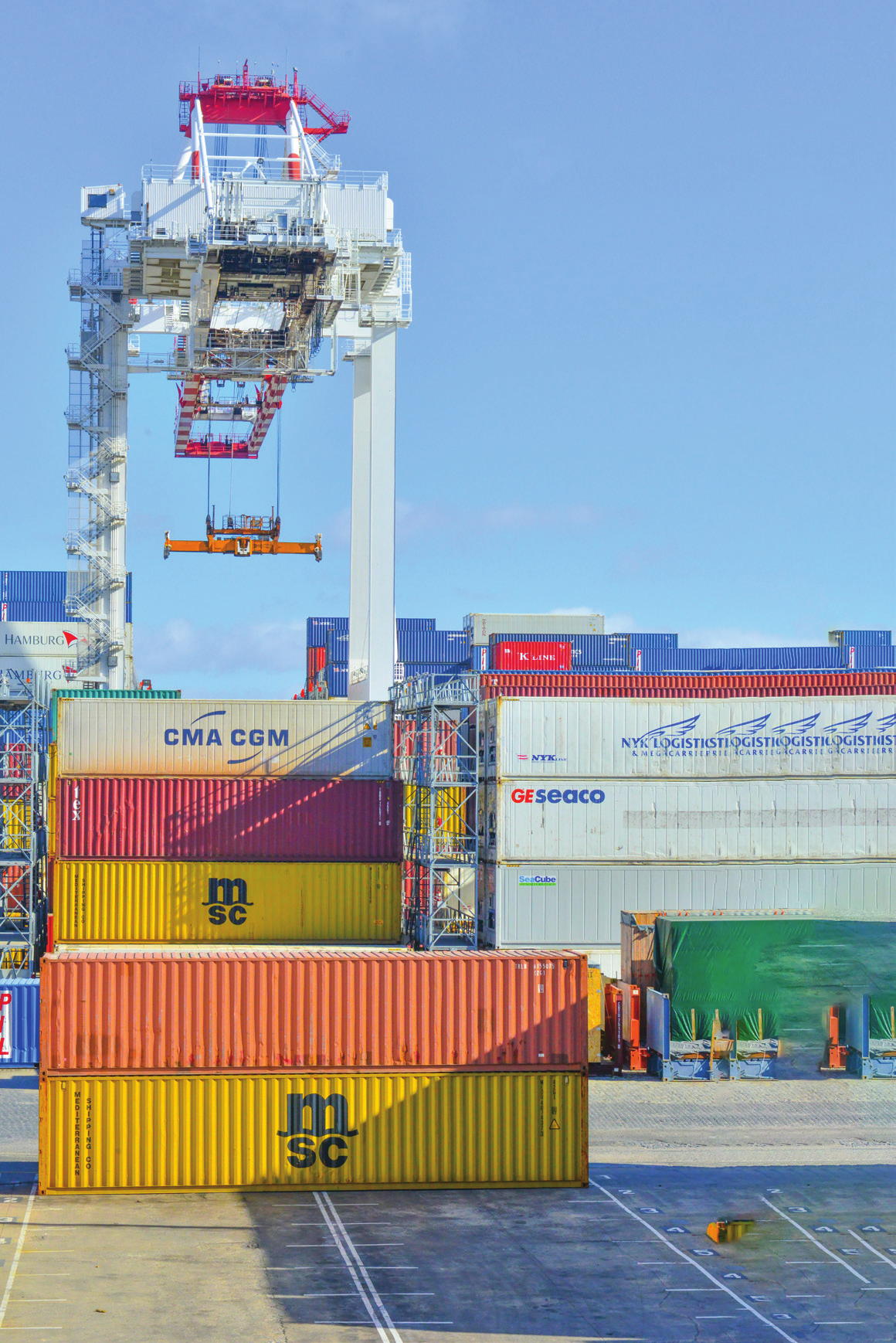
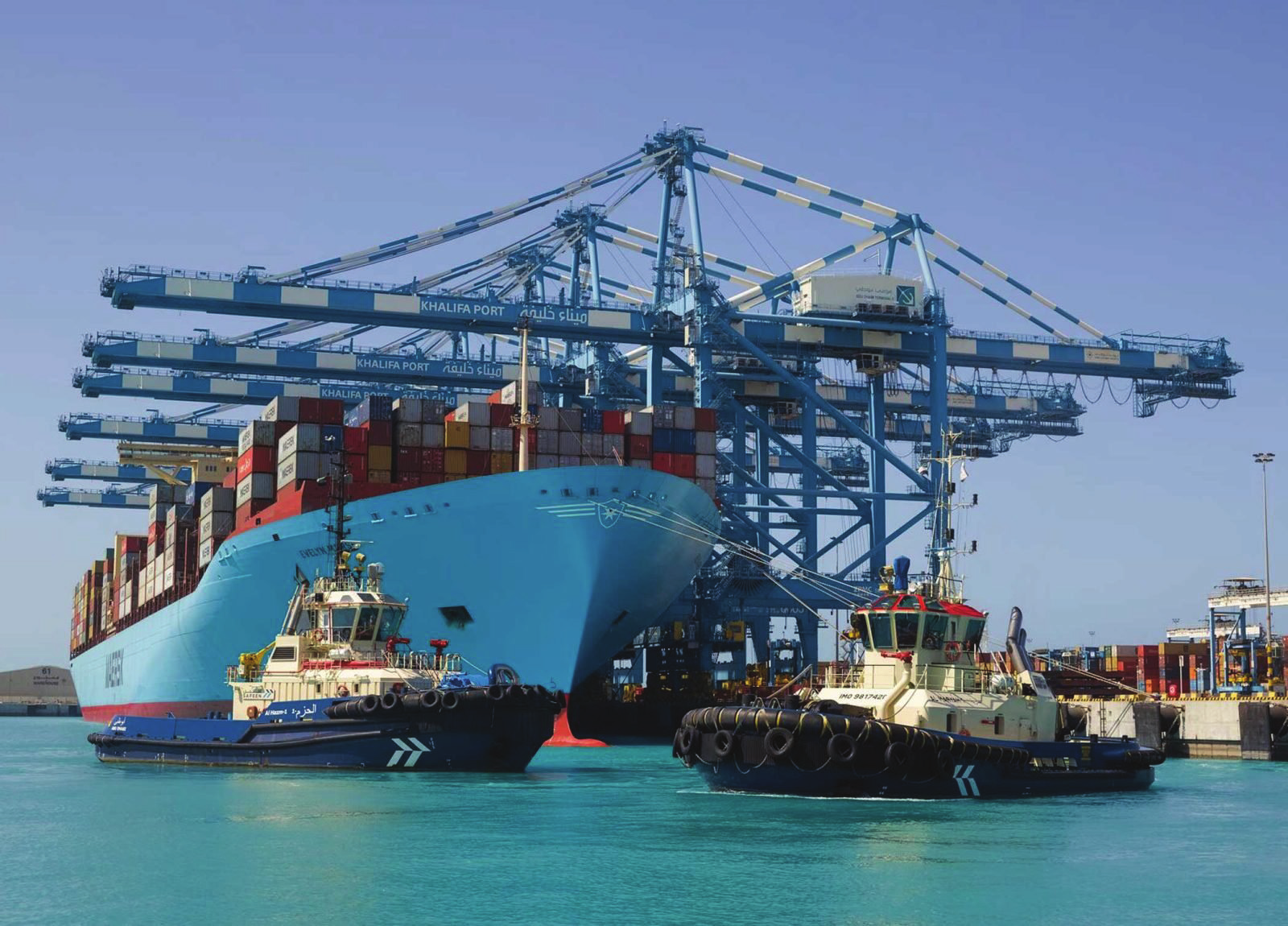

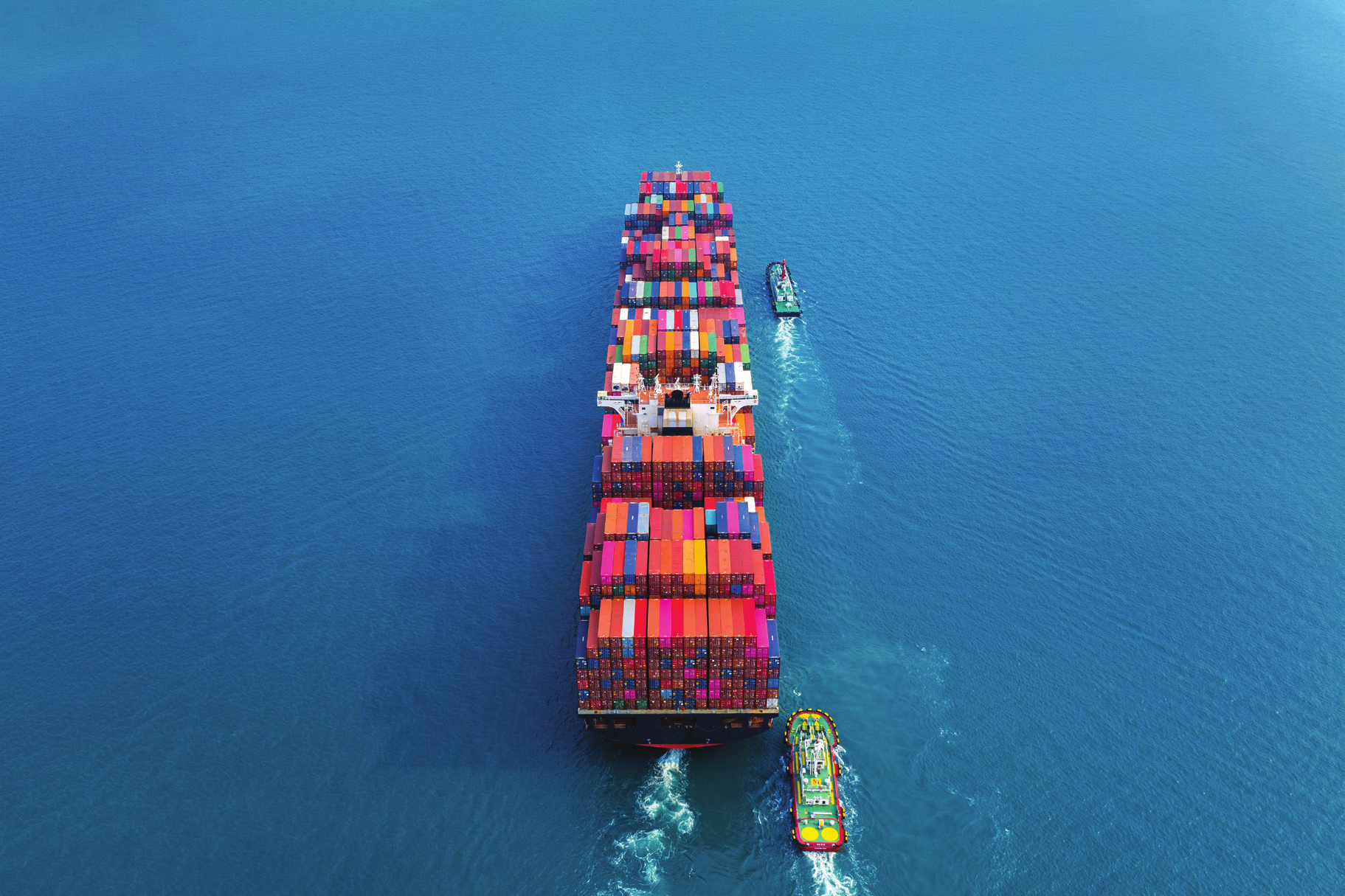
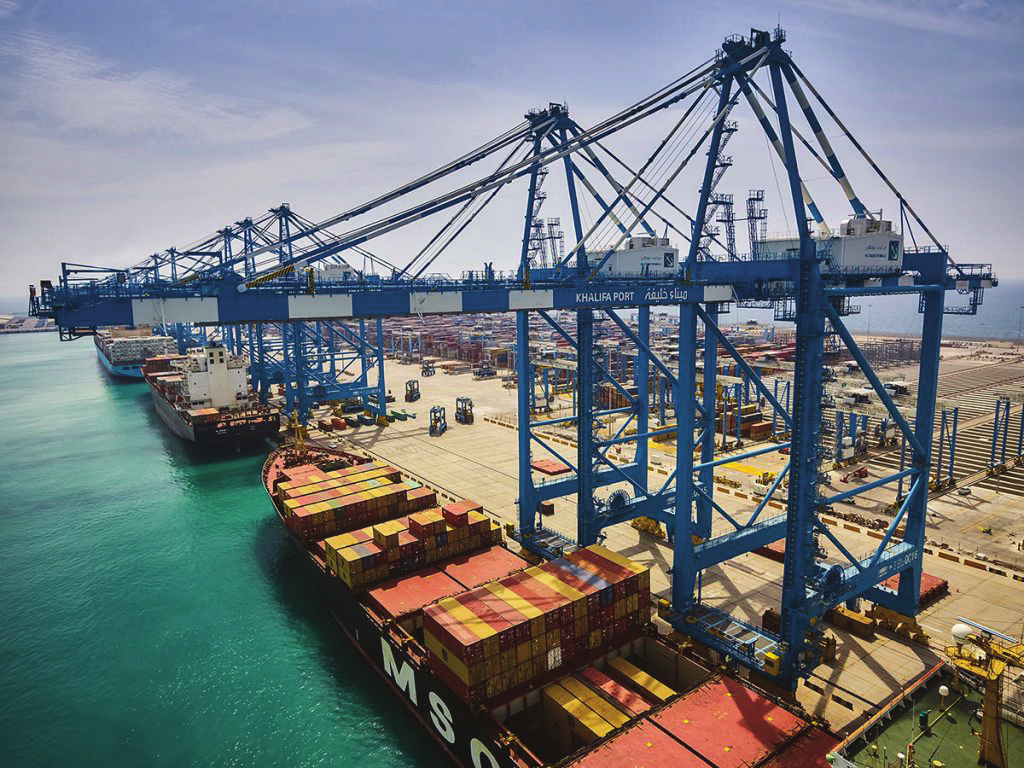



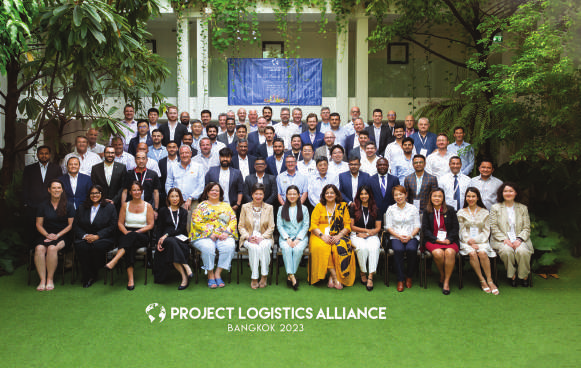
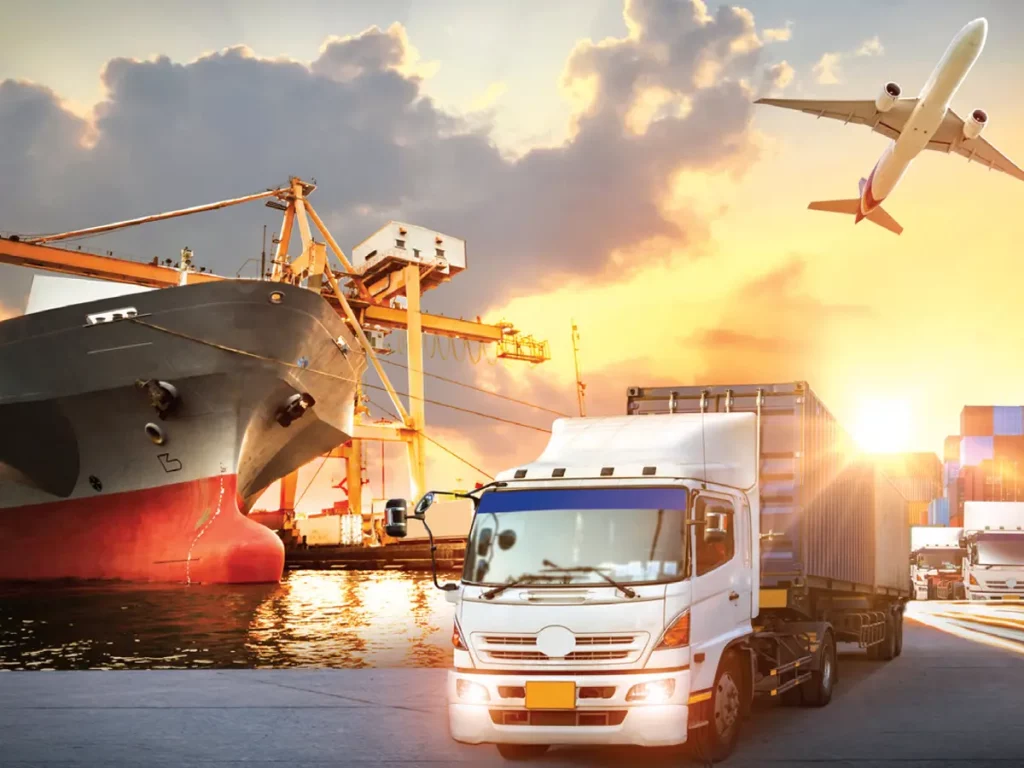


 A
A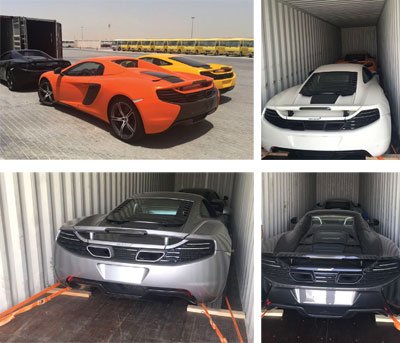 The new infrastructure at CSS, the 10,000 Sq.mt open yard in Jebel Ali – is geared to handle receipt, storage and operations for auto logistics. This facility combined with their new warehousing facility at JAFZA, which will be operational soon, gives an unparalled infrastructure to cater to this segment of the business in the region. CSS facilities at Sharjah, including a covered area suited for storage of vehicles and the open yard are already popular with customers looking for safe and secure handling of vehicles.
The new infrastructure at CSS, the 10,000 Sq.mt open yard in Jebel Ali – is geared to handle receipt, storage and operations for auto logistics. This facility combined with their new warehousing facility at JAFZA, which will be operational soon, gives an unparalled infrastructure to cater to this segment of the business in the region. CSS facilities at Sharjah, including a covered area suited for storage of vehicles and the open yard are already popular with customers looking for safe and secure handling of vehicles.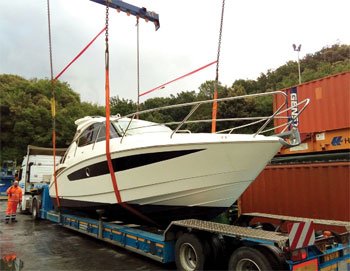 CSS Group’s professionalism comes in demand when a specialised vertical where thorough expertise is indispensible, and that is none other than Yacht and Marine Logistics. A decade long hands on experience has made CSS one of the most preferred name when it comes to movement of expensive and luxurious yachts across the globe.
CSS Group’s professionalism comes in demand when a specialised vertical where thorough expertise is indispensible, and that is none other than Yacht and Marine Logistics. A decade long hands on experience has made CSS one of the most preferred name when it comes to movement of expensive and luxurious yachts across the globe.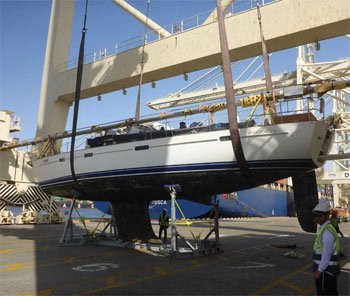 CSS Group has successfully moved yachts that belong to celebrities and the royal family members. The company is a preferred shipper for many of the world’s leading boat builders, including Correct Craft Inc., Gulf Craft, Princess Yachts, Sunseeker and Viking, along with Government officials and celebrities.
CSS Group has successfully moved yachts that belong to celebrities and the royal family members. The company is a preferred shipper for many of the world’s leading boat builders, including Correct Craft Inc., Gulf Craft, Princess Yachts, Sunseeker and Viking, along with Government officials and celebrities. Ali Al Muttawa
Ali Al Muttawa Sreenath V
Sreenath V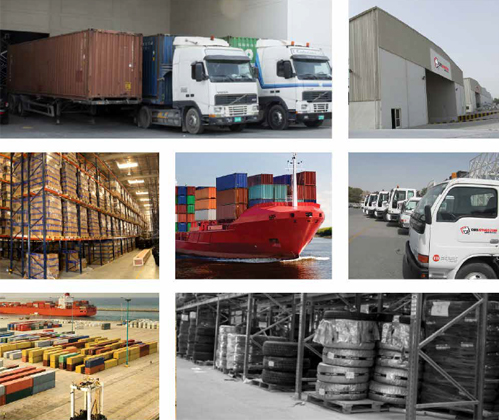 CSS Kingston Logistics provide 3PL services using our own infrastructure, skill and expertise. Ideally located inside the SAIF Zone provides direct access to major airports and airlines. Being the first and the only licensed 3PL service provider inside SAIF Zone, we offer our customers services that include air & sea freight forwarding, pick and pack, assembly, warehousing, packaging, shipping, and transportation. Our cost efficient and effective container transportation enables the products to be ready for distribution within the shortest possible period. CSS Kingston Logistics can support supply chain requirements throughout the product lifecycle. This starts from procurement and product packaging through final services such as liquidation and recycling.
CSS Kingston Logistics provide 3PL services using our own infrastructure, skill and expertise. Ideally located inside the SAIF Zone provides direct access to major airports and airlines. Being the first and the only licensed 3PL service provider inside SAIF Zone, we offer our customers services that include air & sea freight forwarding, pick and pack, assembly, warehousing, packaging, shipping, and transportation. Our cost efficient and effective container transportation enables the products to be ready for distribution within the shortest possible period. CSS Kingston Logistics can support supply chain requirements throughout the product lifecycle. This starts from procurement and product packaging through final services such as liquidation and recycling.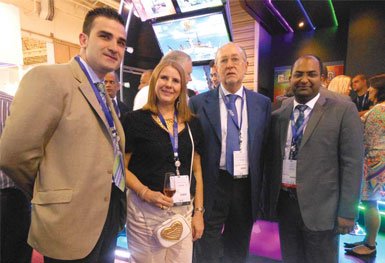 CSS Group represented by Siby C Kurian, Senior General Manager for Sales & Marketing, attended the Intermodal Exhibition and conference this year which happened from 7-9 April, 2015.
CSS Group represented by Siby C Kurian, Senior General Manager for Sales & Marketing, attended the Intermodal Exhibition and conference this year which happened from 7-9 April, 2015.